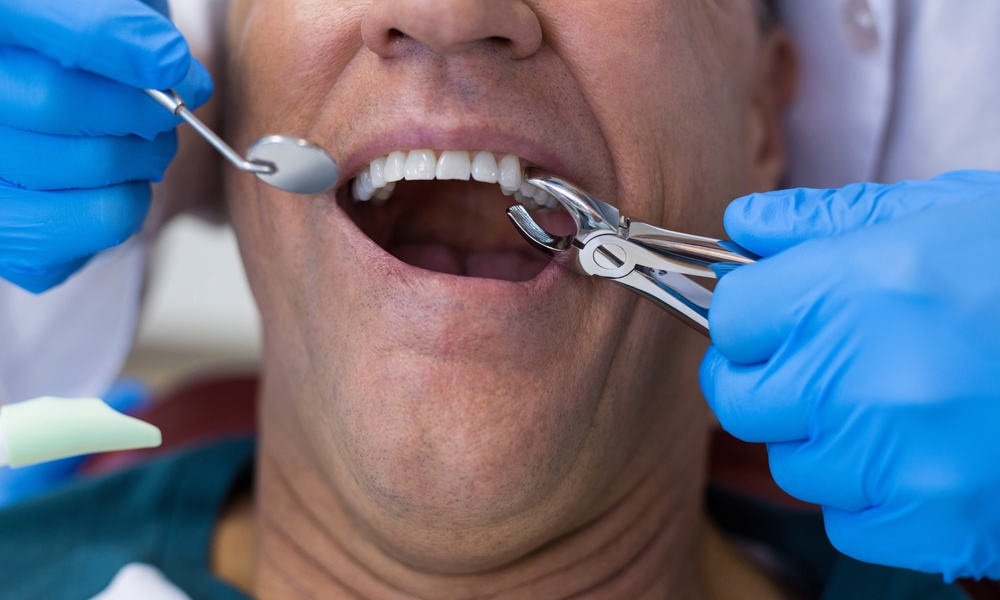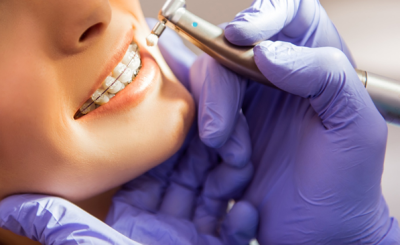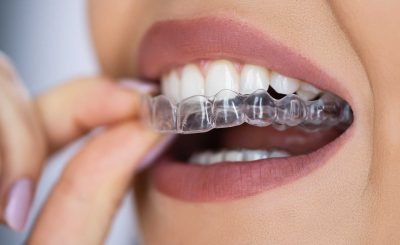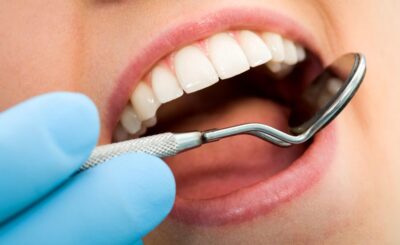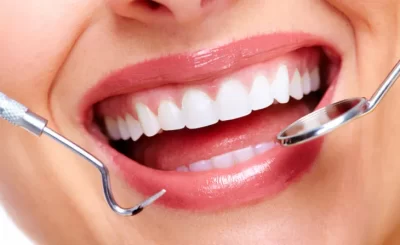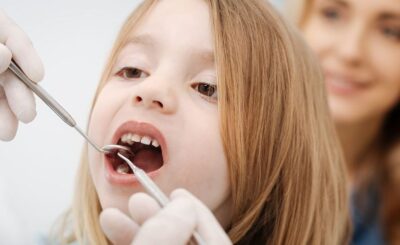With a long-term success rate of over 95%, dental implants provided by dental clinics in East Charlotte are made to last a lifetime. However, the gum tissue and jawbone around the implants have to stay in a continuously healthy state for them to survive over the long run. Considering the low failure rate, smokers account for nearly half of implant failures.
Although smoking may not prevent you from getting dental implants, it may affect both short- and long-term effects. We will go over some ways smoking may impact your implants and how you may help guarantee a good result. For more information, contact a dentist in East Charlotte, NC.
What to expect when a smoker gets dental implant surgery?
Although the short answer is that smokers can get dental implants, it is not always that easy. Actually, there are a number of factors that you and the implant dentist should carefully think over before deciding that implant dentistry is the best choice for you. In order to get the optimum results from therapy, you must also temporarily quit smoking all through the procedure. This is because dental implants are affected by smoking.
Why Are Implants Affected by Smoking?
Because nicotine and its derivatives restrict the blood vessels in your mouth, smoking has a negative effect on dental implants. These are the effects of constricted blood vessels:
- Reduce blood flow to the tissues of the oral cavity
- obstruct tissue cells’ access to nutrients and oxygen
- Delay the healing process.
Your dental implants will be anchored into your jawbone. Smoking, however, may harm the foundation and prevent the osseointegration process, which is the process by which your jawbone attaches to the implants. The outcome will be affected by the issues that arise.
How Are Dental Implants Affected by Smoking?
Smoking affects the health of your gums and bones, which affects dental implants. Consider these seven ways smoking affects your oral health.
Reduces the function of the salivary glands
Smoking alters your salivary flow rate and damages your salivary glands. Furthermore, microorganisms responsible for sickness thrive in a dry mouth. Dental Clinics, Dental Prospects, and The Journal of Dental Research state that the following oral diseases are far more prevalent in smokers and can affect the health of dental implants:
- Calculus
- Gingivitis
- Loose teeth
Increases Postoperative Symptoms More Severe
The body often reacts after oral surgery; this is an expected phase of the healing process. However, some postoperative symptoms can be made worse by smoking. The findings of a study on the impact of smoking on postoperative problems following minor oral surgery were published in the November 2020 edition of The Saudi Dental Journal. According to the results, smokers suffered more of the following signs and symptoms in the week after oral surgery:
- Postoperative pain
- Bleeding events on the first postoperative day
- Facial swelling
- Infection
Infection after Surgery
Smoking after implant placement can “delay healing and increase the possibility of infection, resulting in early implant failure,” according to the Academy of Osseointegration. Because nicotine lowers blood flow and narrows the blood vessels in your mouth, smoking raises your risk of infection. Your immune system is affected by decreased blood flow, which makes it harder for white blood cells to fight off infections and bacteria.
Promotes Chronic Gum Disease
Your gums may separate from the dental implants and bone as a result of smoking and its byproducts interfering with the normal function of gum tissue cells. It may be hard to insert or keep dental implants after implant surgery if there is poor gum tissue. The following effects result from smoking either before or after getting dental implants:
- Increased risk of gum disease
- Healing rate decreases
- The possibility of implant instability is higher.
Conclusion
Dental implants are affected by smoking both during and after your recovery. According to studies, the foundation for dental implants is compromised by nicotine and other tobacco byproducts, which also have a negative effect on the health of your gums and bones. While quitting smoking does not prevent you from receiving dental implants, it does raise the likelihood of receiving them.


